By Beata Bruggeman-Sekowska On November 11, 1918, Józef Piłsudski (Poland’s Chief of State) took over the authority over the Polish army from the Regency Council (in Polish: Rada Regencyjna or Rada Regencyjna Królestwa Polskiego. It was a semi-independent and temporarily appointed highest authority, head of state, in partitioned Poland during World War I). He […]
By Beata Bruggeman-Sekowska 65 years ago on the 28 June of 1956, at 6 a.m. Poznań ( city in the western part of Poland) riots started at the multifactory complex of Joseph’s Stalin’s (or ‘Cegielski’s) Metal Industries. Approximately 100,000 people gathered in the city centre near the local Ministry of Public Security building demanding better […]
On March 18 Beata Bruggeman-Sekowska, president of EIOCO, was interviewed by Polish news broadcasting internationally. She elaborated on the vision, purpose and the activities of our Institute. She explained that the knowledge about communism is often not correct in western Europe and that various stereotypes are perpetuated which shed the wrong light on this issue. […]
By Patrick van Schie On February 22, 1946, a telegram arrived from Moscow at the US State Department. The author, the second man at the US embassy, apologized in advance for using the telegraphic channel. The telegram was indeed unusually long: 17 sheets of paper typed out. It would also become unusually influential. The “Long […]
Beata Bruggeman-Sekowska Interview with Claudia Heinermann, a prize-winning author of Wolfskinder and an author of a new Trilogy: ‘Siberian Exiles’. Beata Bruggeman-Sekowska: You are the author of the prize-winning book Wolfskinder A Post-War Story. And since 2016 you have been working on a very special project devoted to the oppression of communism, abuse of […]

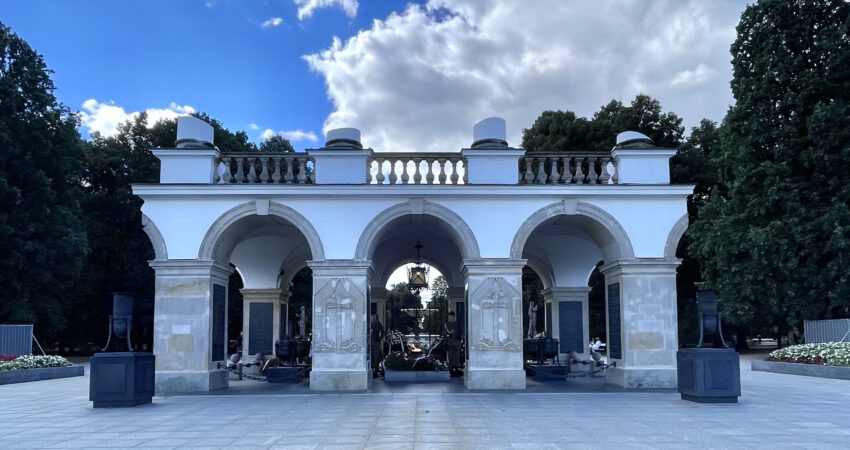
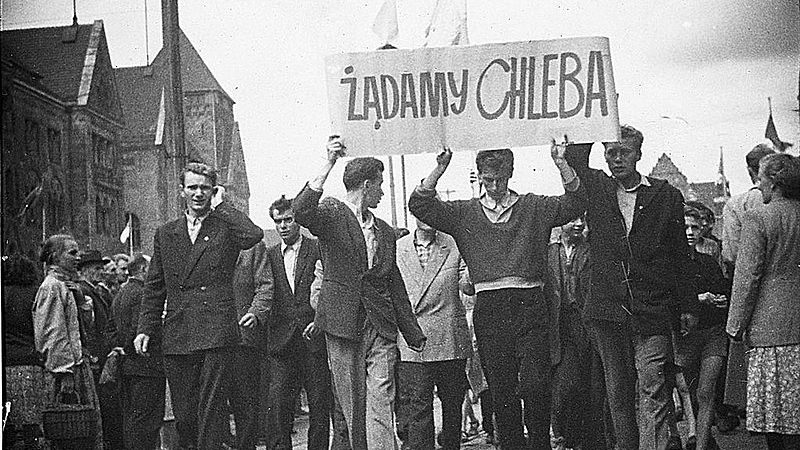
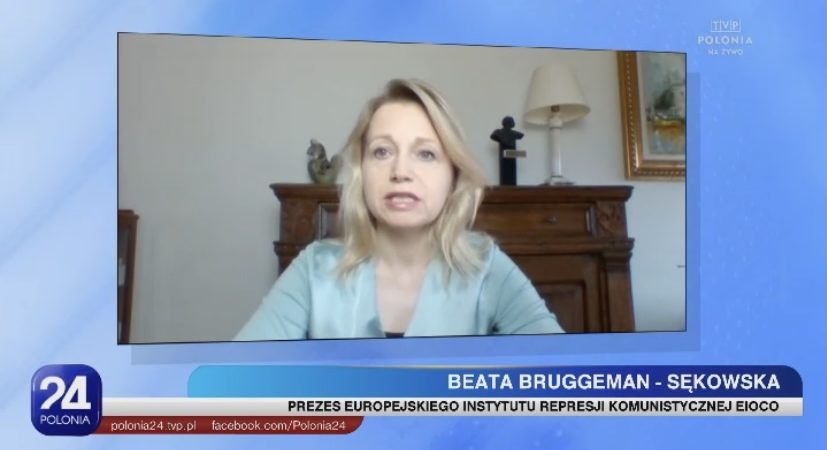
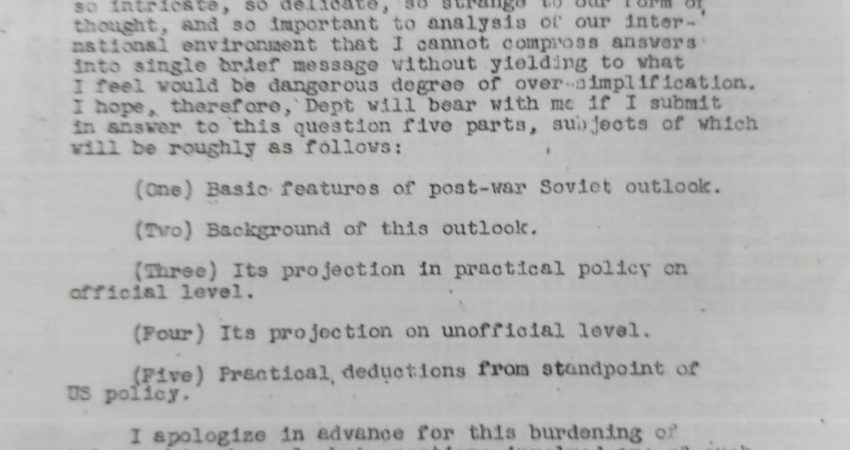
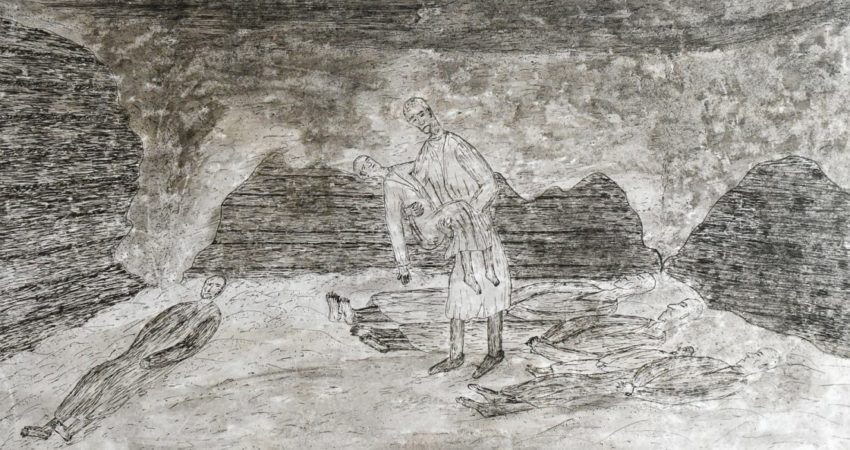
Follow Us!